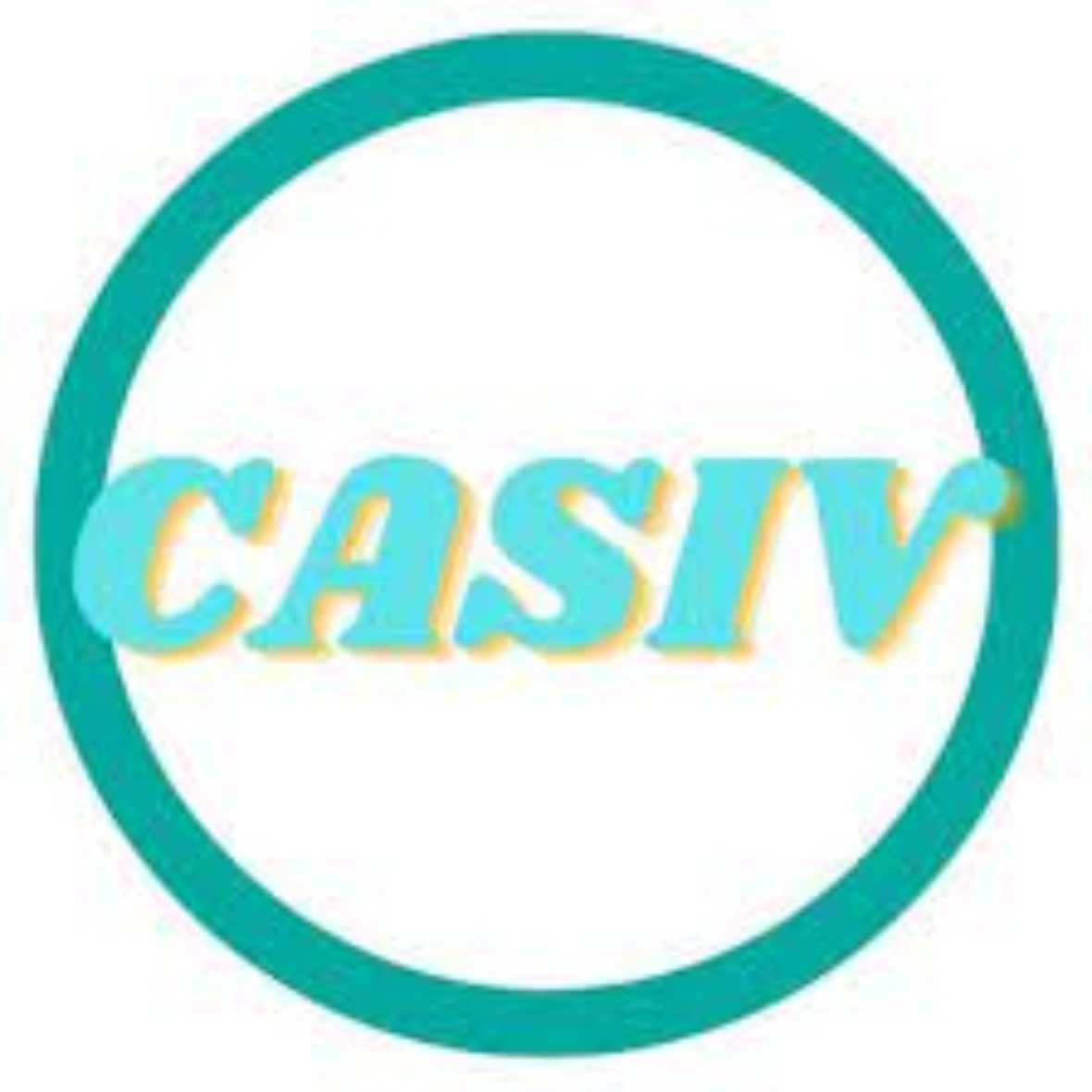There are many different types of child abuse. Physical abuse, emotional abuse, sexual abuse, and neglect are all forms of child abuse that can result in severe emotional and physical harm. Child abuse can occur in any household, regardless of age, economic status, race, ethnic heritage, and religious faith. These events can only occur once or can be repetitive. Abuse effects all children differently, but those who experienced a toxic and/or abuse household growing up are more at risk for alcohol and drug abuse and juvinile delinquency.
What can you do to help?
- Know the signs.
- Unexplained bruises, cuts, burns, or other injuries.
- Poor personal hygiene and clothing that is ill-fitting, dirty, or inappropriate to the weather.
- Reluctance or fear of going home, and excessive fear or anxiety about doing something wrong.
- Extreme behaviors, such as being unusually passive or aggressive.
- Acting either inappropriately adult (taking care of other children) or inappropriately infantile (rocking, thumb-sucking, tantrums).
- Displaying more knowledge or interest in sexual acts than is normal, including acting out sexually explicit behavior.
- Often late or absent from school.
- Changes in eating or sleeping habits.
- Aggressive or inappropriate behavior.
- Depression, anxiety, or mood swings.
- Attention-seeking behavior.
- Increased risk-taking.
- Difficulty concentrating.
- Declining school performance or absences.
- Withdrawal from friends.
- Physical distress (e.g., recurring headaches or stomachaches).
- Running away.
- Sexual promiscuity.
- Respond appropriately.
- Listen to the child’s words and expressed emotions. Believe the child and stress that his or her safety is important.
- Not press the child for more information.
- Reassure the child that he or she has done nothing wrong. Abuse is never a child’s fault.
- Remember that the people who harm children are often people whom children love.
- Avoid negative comments.
- Encourage the child, saying that he or she did the right thing by telling and that it was brave to tell.
- Report to your local CPS agency.
- Resources:
- ChildHelp National Child Abuse Hotline. Crisis counselors are available to talk 24 hours/day. 1-800-4-A-CHILD or 1-800-422-4453 www.childhelp.org
- National Coalition to Prevent Child Sexual Abuse and Exploitation. This Web site provides information about organizations nationwide that are working together to prevent child abuse. www.preventtogether.org
- National Domestic Violence Hotline. Advocates are available 24 hours/day to provide resources and support. 1-800-799-SAFE www.thehotline.org
- National Sexual Assault Hotline. This 24-hour online hotline provides free and confidential support to survivors of sexual assault and their family and friends. www.rainn.org
- Resources:

